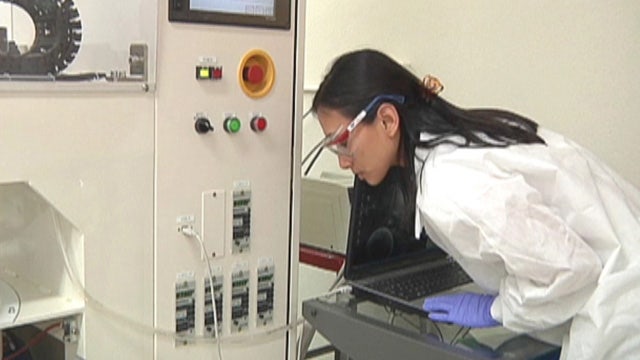Arizona STEM Workforce Surging, But at Different Paces
Employers nationwide are looking to fill jobs in STEM related fields. And many are looking in Arizona.
But while Phoenix surges ahead as one of the nation's fastest growing tech economies, Tucson is slowly catching up. A study by the Brookings Institute shows Tucson jobs in STEM-related fields are not being filled because the population lacks proper training.
"It's really about being an innovator, being a critical thinker, being a problem solver. And some of our students have lost that with the way public education sometimes focuses more on facts and testing," University of Arizona STEM Learning Center spokesperson Jennifer Fields says.
STEM -- which stands for science, technology, engineering and mathematics -- has proved vital in the development of the economy, as jobs in these fields are amongst the highest paying, with employers highly outnumbering job seekers.
Some believe one way to fill the labor gab in Tucson's STEM field is to fill the gender gap.
Emily Creager, University of Arizona junior, says the gender gap in STEM is evident every time she steps foot in the classroom.
Of the "9,000 incoming students, 30 of us were physics majors. And that's a huge physics department," Creager says. "Of those 30, I'm pretty sure four were women and the rest were male." She adds that since starting, the class has already lost two of those women.
Several different organizations in Tucson have introduced programs dedicated to encouraging young people -- and especially young girls -- to explore STEM. One such organization is Wise (Women in Science Education), which is led by Dr. November Papaleo.
Wise makes it their mission to teach girls not to fear taking on STEM careers.
The girls in the program have "an opportunity to know that they can do STEM, that they are qualified to do STEM," Papaleo explains.
Papaleo says the best place to kick-start the next generation of STEM employees is at home, and encourages parents to talk to their kids about science. She hopes her outreach in Southern Arizona will eventually bring more workers into Tucson's STEM economy.
"Even if [these girls] don't necessarily have an interest in it -- it's not something they need to be scared of."




















